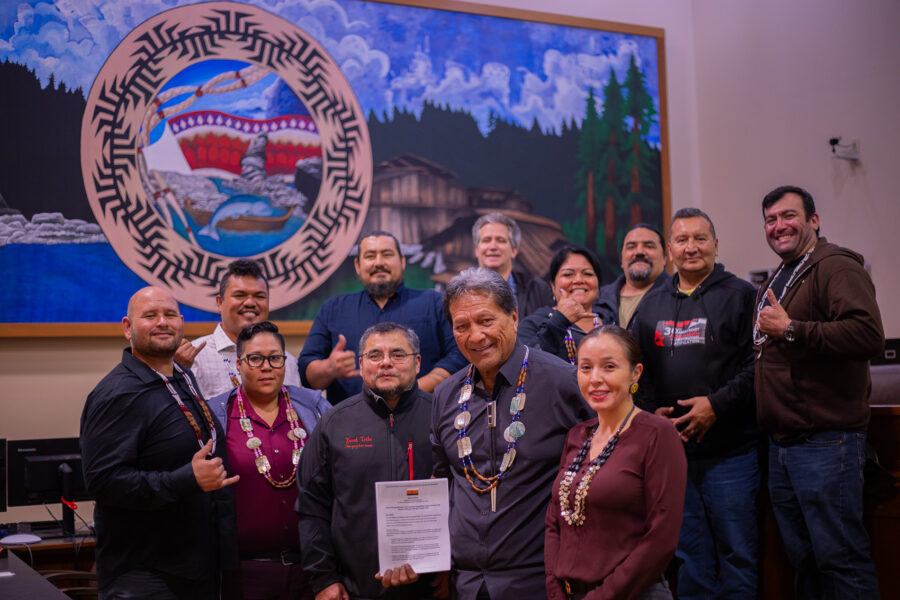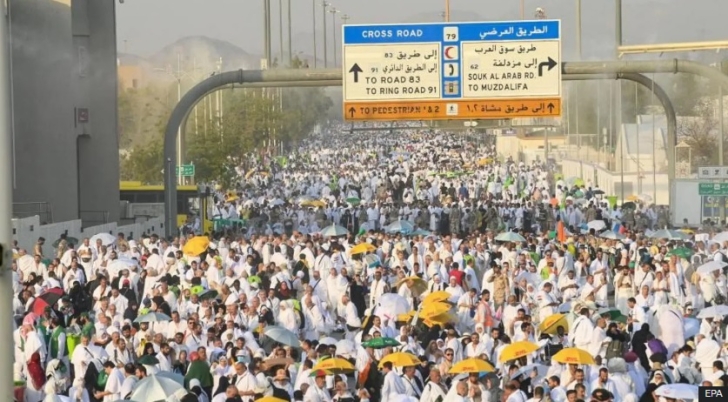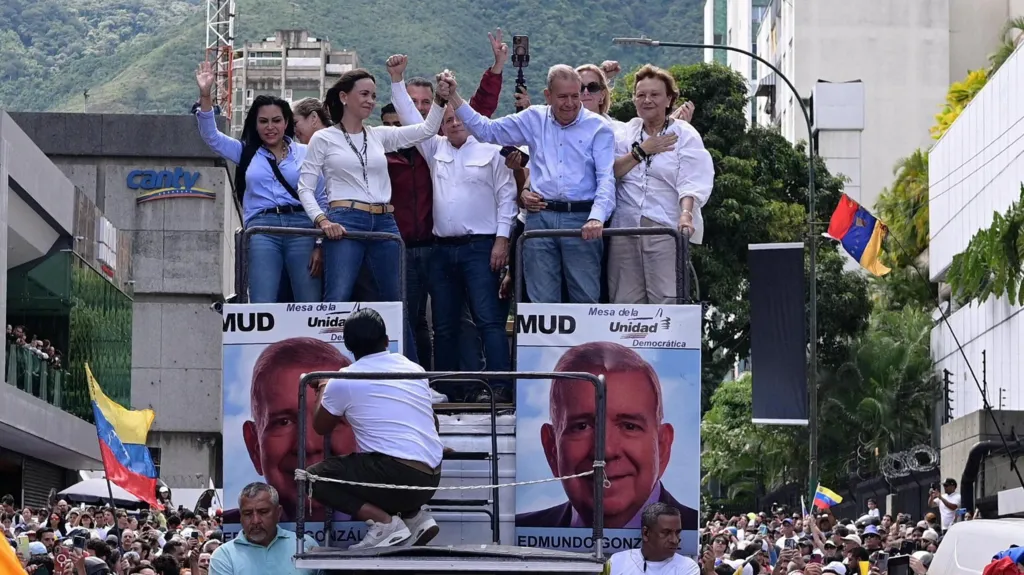Waimānalo, Oʻahu, Hawai’i] — In a historic move towards global collaboration and economic development, the Independent & Sovereign Nation State of Hawai’i has entered into a comprehensive peace and friendship treaty with the Economic Community of States, Nations, Territories, and Realms of the African Diaspora Sixth Region (ECO-6), the Republic of Vanuatu (represented by the Vanuatu Trade Commission – Ghana), and the World Indigenous Bank.
This landmark treaty, signed on Monday, January 15, 2024, positions the Nation of Hawai’i Central Bank as host to the World Indigenous Bank, marking a new era of economic and spiritual cooperation, and the growing capacity for the Nation of Hawai’i to manage banking and assets.
The peace and friendship agreement encompasses various facets, including trade, investment, tourism, culture, peace, and friendship, reflecting a commitment to sustainable development for all Aboriginal, Indigenous, and Native peoples globally.
Nation of Hawai’i President & Head of State, Pu’uhonua D.B.K Kanahele
Nation of Hawai’i President & Head of State, Pu’uhonua D.B.K. Kanahele emphasized the significance of this collaboration, stating, “This treaty marks a turning point for our nation and the world. We are committed to building a future grounded in principles of Aloha and the continued pursuit of Independence for the Native Hawaiian people.”
At its core, the treaty stands as an acknowledgment of Indigenous wisdom, cultural, and ancestral honor. It sets forth an ambitious agenda, aiming to establish a framework that covers trade, commerce, tourism, cultural exchange, and socially responsible investments.
A pivotal feature of the treaty is the introduction of
the World Indigenous Bank (WIB), a financial institution designed to catalyze sustainable
development. At the heart of this financial innovation is the (AKL) LUMI—a global sovereign currency. Underwritten by renewable energy, the LUMI symbolizes a commitment to eco-friendly financial practices, paving the way for sustainable development in Hawai’i and beyond.
The official legal tender of the World Indigenous Bank, the LUMI is underwritten by 100kWh of solar energy and pegged to 0.2592g of gold.
The global issuing authority for the LUMI is the African Diaspora Central Bank and the World Indigenous Bank is a licensed sovereign division of ADCB. This financial instrument represents not only a currency but a symbol of hope and collaboration for a sustainable future.
The multilateral agreement, arranged by Nation of Hawai’i Ambassador for Nepal, H.E. Tejendra Sharma Poudel, was signed by H.E. Amb.
Prof. Hugh Keku Aryee, Vanuatu Trade Commissioner to Ghana, H.E. John Kealoha Garcia, 2nd Vice President and Minister of Foreign Affairs and Commerce for Nation of Hawai’i, and H.R.M. Rex Semako I & VI King Timothy Elisha McPherson, Chairman of ECO-6 and President of the African Diaspora Central Bank (ADCB).
2nd Vice President, Minister of Foreign Affairs, John Kealoha Garcia said “The Nation of Hawai’i is strengthening our expanding network within the global aboriginal, indigenous, native communities and is strategically positioned to facilitate commercial trade and sustainable development that is aligned with the restoration of aboriginal culture and climate action.”
Garcia says, “At the local level, the World Indigenous Bank, licensed under the Nation of Hawai’i Central Bank will help the people of Hawai’i achieve our immediate reconciliation goals and strengthen our community in the spirit of Aloha.”
“The Nation of Hawai’i Bank Act, signed and enacted by President Kanahele in 2021, authorizes the establishment of a central bank within the Sovereign Nation of Hawai’i. The integration of partner institutions are essential to the modernizing and growing capacity of our Hawaiian economy.” says Garcia.
Island states are greatly exposed to natural disaster and climate change, making this agreement equally important for the Republic of Vanuatu. Trade in goods and knowledge are at the core of climate action, and small islands must work together in their sustainable efforts.
The Vanuatu Trade Commission – Ghana represents a sovereign trading partner of the Economic Community of West African States (ECOWAS) and is able to leverage resources in ECOWAS to the value-added proposition of development in between Vanuatu and Hawai’i, as well as trade within the Pacific Island region.
Observers from other indigenous nations applauded the signing of the agreement as a landmark achievement. Chief Chasing Horse (Sr.) from the Lakota Nation said, “the Lakota Nation is excited about working with our cousins in Hawai’i. I look forward to trading with them through the World Indigenous Bank. We have already signed a Treaty with ECO-6 and the World Indigenous Bank to bring greater structure to how we work together healing the earth and in honoring our ancestors and the Tree of Life.”
Within Article 66 of the COP 26 Glasgow Climate Pact, the international community emphasizes the important role of indigenous peoples’ culture and knowledge for the achievement of effective action
on climate change, and it urges the international community to actively involve indigenous peoples and local communities in
designing and implementing climate action.
His Royal Majesty Rex Semako I & VI, Chairman of ECO-6, described the multilateral agreement with ECO-6, Vanuatu and the Nation of Hawai’i as being essential to the fulfillment of the aspirations of global community as it relates to climate action and the UN Sustainable Development Goals.
His Royal Majesty stated that “the Global Climate Finance Framework as articulated in Dubai calls for an investment value of $5 – $7 trillion per year in order to green the global economy by 2030. The LUMI is the only financial instrument in the world today that structured and positioned to achieve such ambitious targets, while simultaneously financing sustainable development and supporting the eradication of global poverty. The African Diaspora Central Bank is positioned to eradicate poverty and facilitate development within Africa and throughout the Diaspora, while the World Indigenous Bank is positioned to transform and develop indigenous communities around the world.”
His Royal Majesty further stated that “during the past 500 years of foreign captivity and affliction the aboriginal community sheltered and adopted the African Diaspora for which we are eternally grateful.
Now in the 21st century, we can work together in a free global economy, mixing modern solutions with ancient traditions, to heal our planet and move beyond the miseries of the past. In this spirit, the World Indigenous Bank in Hawai’i will be an important game changer for everyone.”





